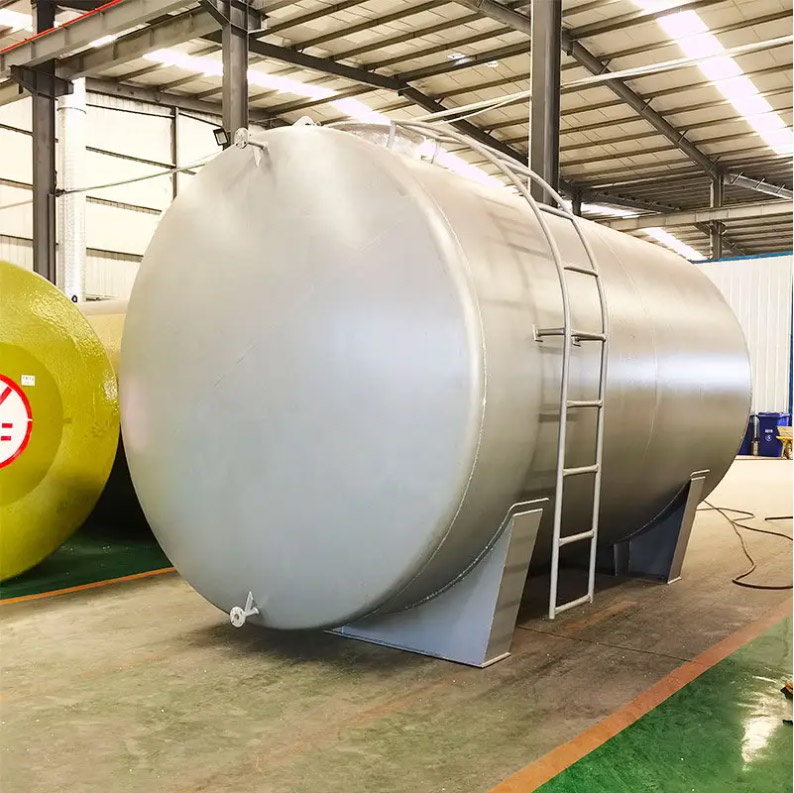Electrobaths are the main equipment for sodium hydroxide production, with evaporators as the corollary equipment. 18-8 Cr-Ni Austenitic stainless steels are mainly selected as the materials.
For instance, 12Cr18Ni11Ti (321H) stainless steel is initially applied, but later replaced by Austenitic stainless steel 06Cr18Ni18Si2RE which extends the equipment service life for several folds. Some manufacturers may also use 022Cr17Ni12MoCuN stainless steel to make the equipment.
When NaOH temperature is not high, Cr-Ni and Cr-Ni-Mo Austenitic stainless steels are sufficient to resist the corrosion from NaOH. High-pure ferritic stainless steels that contain high chromium, such as 008Cr27Mo and 008Cr30Mo2 feature excellent resistance to NaOH corrosion.
It proves that high-chromium ferritic stainless steels with 26% chromium or above have the best corrosion resistance to NaOH, with the performance even superior to pure nickel in this regard.
Stainless Steel Application in Nitric Acid Industry
Nitric acid, as a strong oxidizing acid is highly corrosive (oxidizing). It is extensively applied in chemical fiber, fertilizer, dye and other industries. Acid-resistant stainless steels are widely used in nitric acid industry and gets the development from there. Cr13- stainless steels perform certain resistance to nitric acid under room temperatures. In contrast, Cr18- stainless steels feature good corrosion resistance to nitric acid under varied temperatures. However, Cr18Ni9- stainless steels are the most commonly used in nitric acid industry.
As molybdenum can weaken stainless steel corrosion resistance to nitric acid, stainless steels containing molybdenum are not chosen as the material generally. Special stainless steels are necessary for the production of high-concentration nitric acid. When there are chlorine and chromium ions inside, nitric acid will have stronger corrosion. Chlorine ions in nitric acid can lead to pitting corrosion on stainless steels.
Nitric acid has strong intergranular corrosion, easy to generate knife line attack in the hot areas of the welds. The boiling nitric acid, when its concentration amounts to 65%, is not only sensitive to intergranular corrosion caused by chromium carbide precipitates, but also sensitive to intergranular corrosion caused by σ phase precipitates.
Industrial nitric acid is generally divided into dilute nitric acid (<65%) and high-concentration nitric acid (96%~98%). Below is the introduction of stainless steel application in production facilities of dilute nitric acid and high-concentration nitric acid.


Please contact us for free quotation by form below. We promise the quickest response within 24 hours: